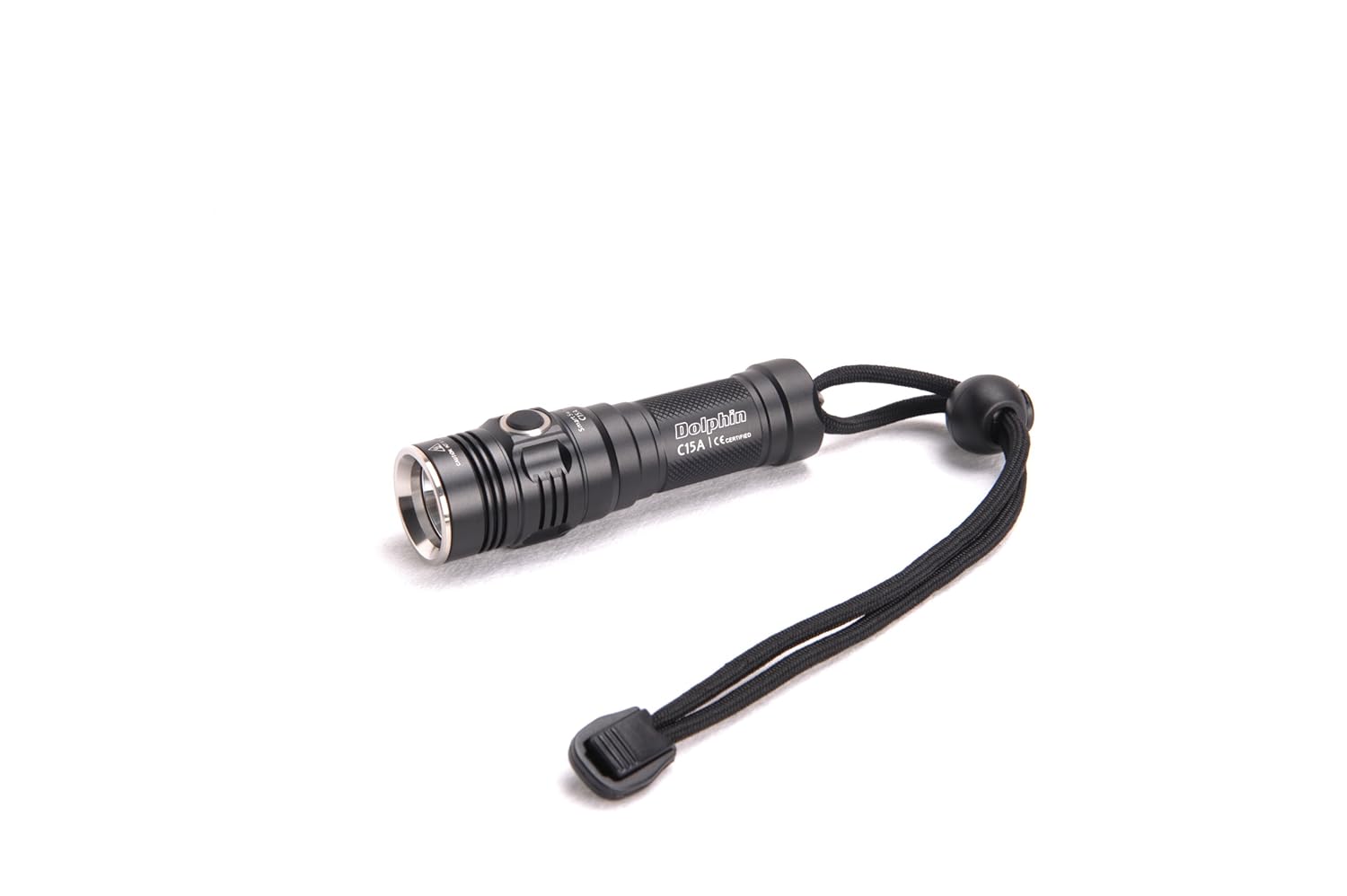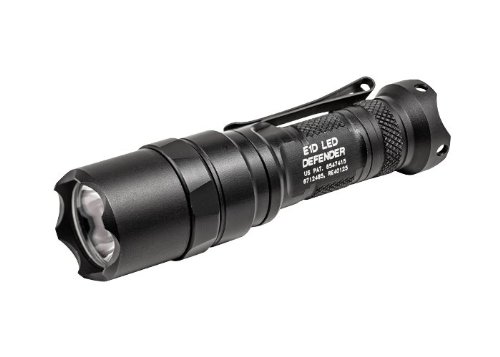Fernando, I bought your book
a few years ago and enjoyed reading about your experience.
In an economic collapse, as
the currency continues to devalue, I completely understand the concept of
inflation/hyperinflation in commodities i.e. the things you need.
But what happens to real
estate demand and valuations?
Thanks.
Mike
Hey Mike,
The situation is the
follwing. You have a country that is economically wrecked. You have rising
poverty, unemployment and crime. The picture sure isn’t nice. If we’re talking
about a full blown economic collapse where banks shut their doors and everyone
is pretty much left on their own then the entire financial system, including
real estate, just freezes.
I’m talking about remembering
driving by my upper middle class neighborhood and finding a fence that had been
painted half way through and then nothing: The house owner would not even buy a
can of paint to finish the job until he knew what was going on. This as you can
imagine happens on all levels. Suppliers don’t sell merchandise until they have
a better idea of how much the currency is going to devaluate, you cant even get
a quote for a job because there’s simply not knowing how much supplies are
worth any more.
Of course banks freezing
accounts isn’t helping either. For a few months until things start moving again
there’s simply no activity and this affects the real estate business. Maybe you
do have a buyer lined up, but it would not be in your best interest to sell
until you knew how much value the collapsed currency is going to lose.
This lack of activity may
cause prices to go down some. People that need to sell will do the most natural
thing which is drop the price to speed things up but for the most real estate
owners will wait and see.
The economy of the country
collapsing does bring along a very real loss of value of the real estate
markets. Brick and land do devaluate to some extent simply because they are
sitting on the country that people have lost faith in but the loss of value isn’t
too bad and there’s a natural limit to it.
In the case of Argentina, we
saw prices drop anywhere between 10% and 20% up to 40% depending on how good or
bad the area was. Of course, location, location, location makes all the difference
in the world here as well with the nicer areas keeping their value better. 10%
to 20% may seem like a lot, but its not nearly as bad as the 70% loss of value
of the currency.
Prices drop up to a point only. Unless there was some serious foul play involved,
on average property wont drop beyond 40% or so. An old real estate broker made
a good point about how, in average, that’s the point where most investors start
making offers, looking to buy cheap so as to sell later. The actual chunk of
building and the piece of land it sits on does have some value at the end of
the day.
As things start stabilizing,
the economy starts heating up again and people start saving up money. They look
for safe places to put it and they naturally gravitate towards land and bricks.
Real estate has always been safe haven for investors in spite of the bubble, at
least for those that invest wisely and don’t overpay. Combined with the lack of
trust in banks, the real estate business eventually starts to look better, even
after an economic collapse.
Its not only a safe place to
put your savings in, its one of the safest investments. No matter how much a
currency devaluates or for what other currency it gets replaced, you will still
collect rent and you can eventually adjust to inflation.
FerFAL














